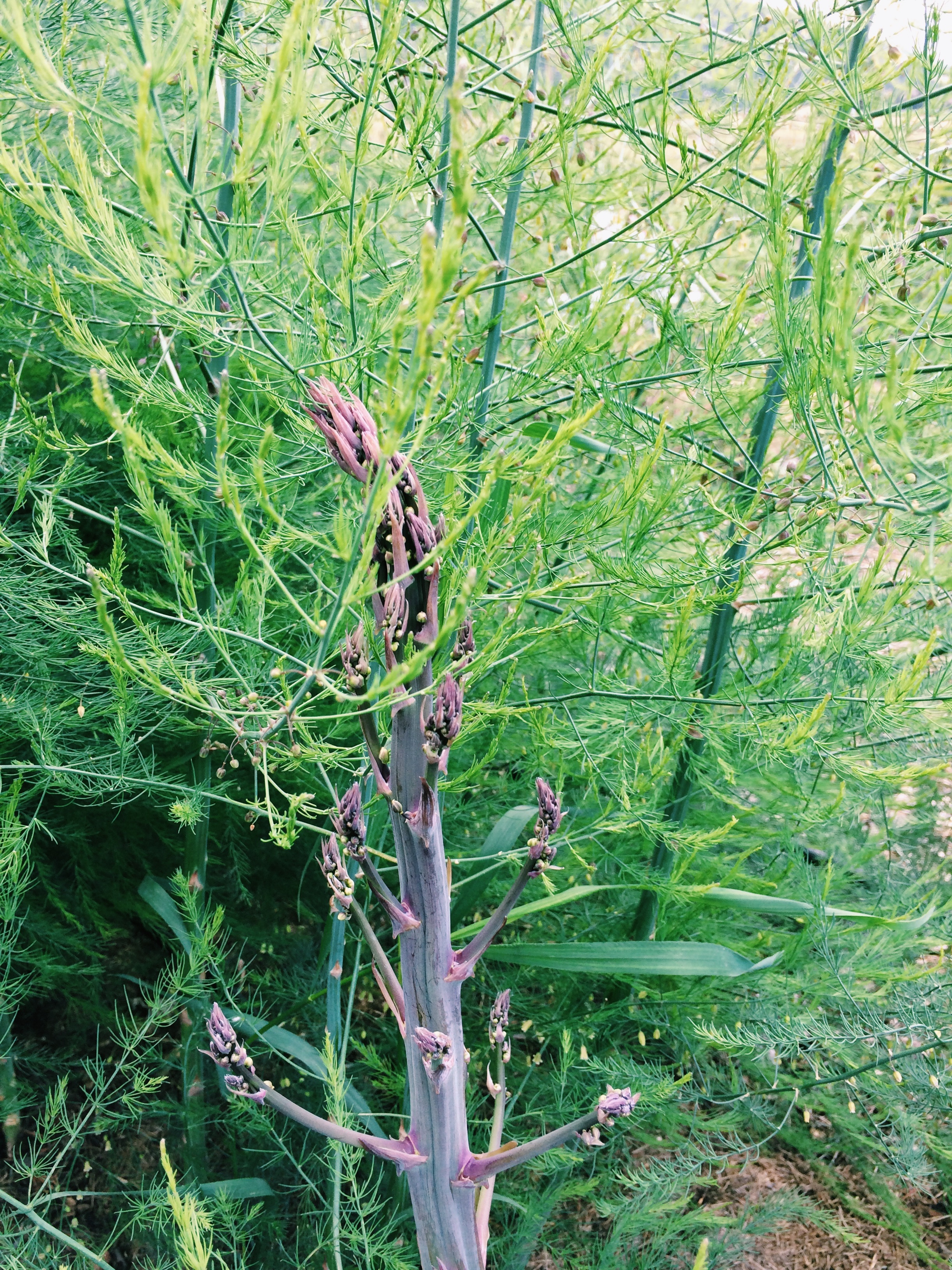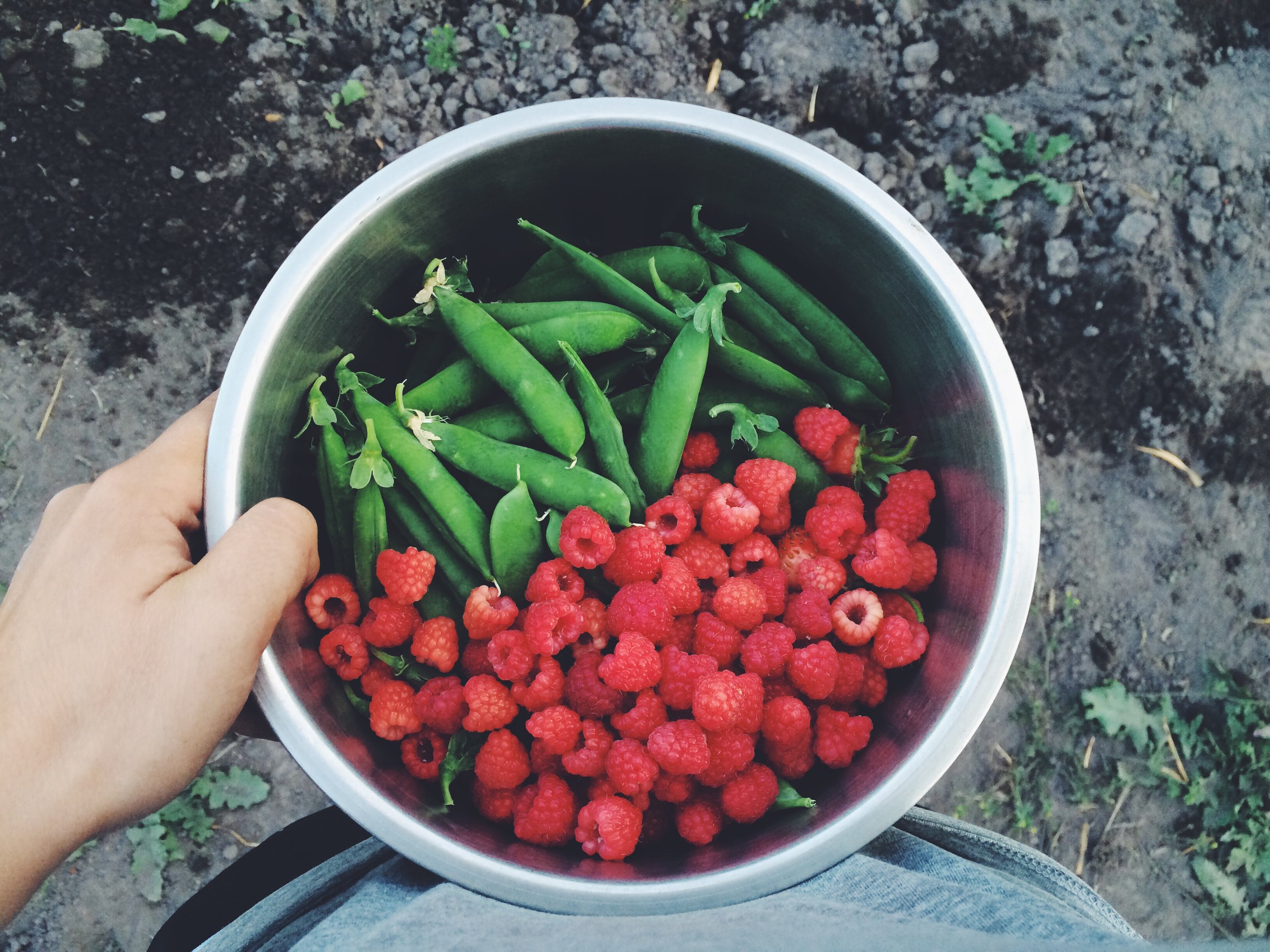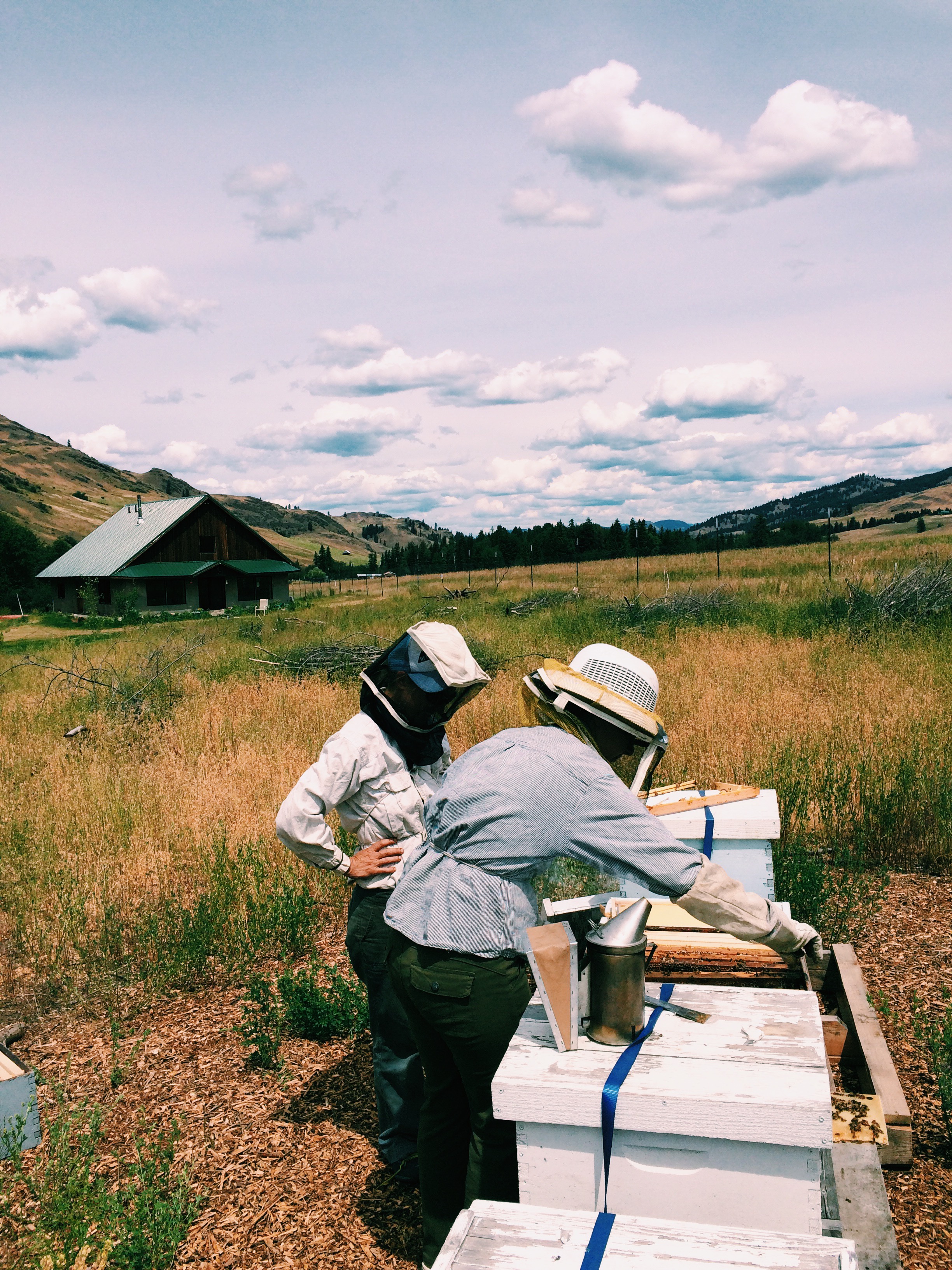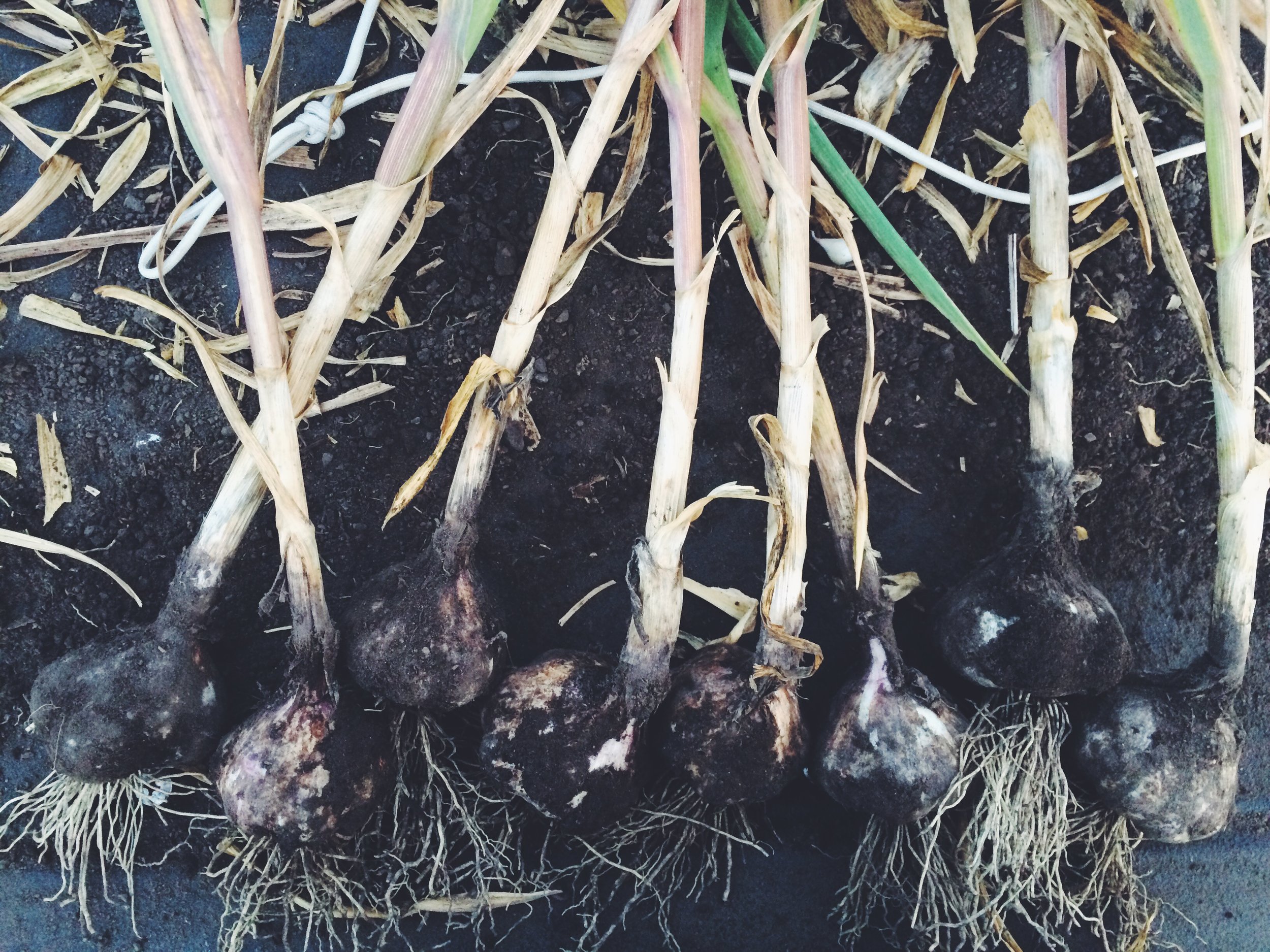Author: John Lucas Kovasckitz with Dominic Laing
I've never met Dom in person...I don't know how he takes his coffee, whether or not he has a dog, or what kind of car he drives. However, there are few people in my life that have personally pushed me forward, encouraged, and inspired me in the manner that he has.
I couldn't afford to record my last album Promised Land out-of-pocket, and needed to raise the money through Kickstarter. The campaign started off strong, but hit a lull mid-point. There were a couple of $10 and $20 days, and I started to seriously doubt myself...to question why I had put myself out there in the first place, and to doubt the songs I had written.
It was during this point that I received a very substantial contribution from a guy named Dominic Laing from Philadelphia (he's now putting down roots in Portland, OR). I thought it must have been a mistake, but a few minutes later he sent me a message containing these lines: "...much of what you hope to see, much of what you believe exists in the heart of every person -- I believe and walk with you. I'm too broken to be cynical, too hurt to be angry. I'm just gonna believe every word you say and do what I can to support the howl in your heart."
I collapsed weeping in my wife's arms, repeating I don't understand, I don't understand. And I still don't...strangers don't give like Dom. But I knew in that moment that the album was going to be funded...and it was. Over two hundred people gave to make it come together in the end, and I'm incredibly grateful for every person that poured so much into the process. But it's Dom's gift that I will always remember. I later connected with one of Dom's friends through a project, and when I told him the story of Dom's gift he said that he wasn't surprised at all...and that Dom was "one hell of a guy".
As it turns out, Dom is also one hell of a poet.
Dom's poetry is rich, and it leaves an ache...often it's simultaneously holy and profane (perhaps as are we all), simultaneously "Now and Not Yet". From the interview below, which is poetry itself: "This form of communion isn’t for everyone, and that’s okay. If anything that’s more confirmation that I need to keep doing it. Poetry pulls me close to God and into his appalling strangeness. Poetry is my whistling in the dark, my undignified dance and my sackcloth and ash."
From the correspondence we've had, and from his poetry, I've come to know Dom as both fiery and gentle...gracious, kind, and full of humility. One hell of a guy to be sure.
I've posted a handful of my favorites from his book of poetry, "Smoke by Day, Fire by Night" below...which he is offering to send to you (yes, you) for free. No catches, no gimmicks, simply a gift - instructions for how to get your hands on one found at the very end of this post, along with his information. Dom also does incredible video work..."When the Saints" - a powerful short film which he wrote and directed - is posted below.
Dom's interview will truly make you a better human being. As my boy Pete Holmes says: get into it.
be here with me,
be now with me —
presence for present's sake.
not for the sake of "later,"
not for the false promise of
"greater,"
not for pearly gates,
harps, halos,
mansions or yellow-brick roads.
be here with me
and behold with me;
stay awhile with me
and pray wild with me;
dance like amber waves.
church and praise like ocean waves.
burn and blaze, bonfire bright.
smoke by day, fire by night.
//
do I prefer old ghosts
to new flesh?
am I more comfortable
being haunted,
as opposed to being seen anew?
do I sing old songs and old tunes;
do I wear old clothes
and dig out old wounds?
do I settle for holdable,
malleable, passive memory —
can I turn memories into marionettes?
do I wind back the clock
and seek to reset sun, moon and stars?
teach my hands to be brave,
shepherd.
teach my heart how to be brave, son.
//
how precious and how glorious —
to confess lack.
to profess wound.
to express gap.
"here, brother; I fall short."
"here, sister; I don't know."
"here, my love; I fear — I tremble."
how rare, how melodious;
how comet-fall, how northern-lights,
how broken, how ashen,
how many-splendored,
how tear-stained and levitating,
how fishes and loaves and po' boys,
how prayer and second-line beads,
how grace and grace
how amazing and amazing.
to be gathered.
to be warmed.
to be known in full.
to be loved in full.
//
yes, darkness —
but still, light.
yes fear;
but still, fight.
yes, mud — and yes, mire;
but still, blood.
but still, fire.
bare knuckles.
bare souls.
bare hurt.
be whole.
//
shake dust
and be shaken.
raise hell
and be risen.
Can you give a basic timeline of your life up to this point? This doesn’t have to be super in-depth, but I’d love to hear of some of the stages that have helped to shape who you are today.
Dom: I’m Dominic, and I believe in grace, communion, mystery and tenderness. Or, put another way:
— 1 of 4 —
In junior high, I wrote my first short story. It’s not good. It involves a high schooler — a Donnie Darko, moody, introspective type — who kills his cheating girlfriend and her lover in a fit of rage.
Now, cheating partners and crimes of passion are well-worn literary devices; but when you attend a tiny private Christian school, a story about teenagers, sex and murder raises an eyebrow or two.
Glenda Vanderkam, my English teacher for 6th and 8th grade, as well as my art teacher (small school, remember) met with myself and my parents. She didn’t chastise or reprimand me. She didn’t tell me I was wasting my time and should do something more productive.
Instead, with compassion and kindness, she told me to keep writing.
— 2 of 4 —
Also in junior high, I saw the film Amadeus.
Antonio Salieri, a good-but-never-great composer, meets Mozart and considers him a brat, a divine joke unworthy of God’s bequeathed genius. He hatches a plan to drive Mozart insane.
And now, standing at the foot of Mozart’s deathbed, he’s almost succeeded.
Except now he sees Mozart’s unfinished work — a requiem. He examines the sheet music, and he’s overcome by the beauty. “…Let me help,” says Salieri.
Mozart’s spirit awakens. Salieri, armed with ink and quill, transcribes Mozart’s dictations.
“First, the tenors…” In the soundtrack, the voices float over both Mozart and Salieri. The bass voices follow, linked now with the tenors. Bassoon and trumpet and timpani and strings cascade behind them, instrument building upon instrument. Salieri struggles to keep up —
“You’re going too fast!”
“Do you have me?” Screams Mozart.
Salieri finishes the last notation and flips the pages to Mozart, who lunges for them. His eyes scan the pages, his right arm raises as if he’s conducting the orchestra, and —
— with utter majesty, the requiem rises to life, all parts in unison, more beautiful and terrifying than Salieri or Mozart could have imagined. God’s glory on full display.
— 3 of 4 —
The summer after I graduated college, three years after Hurricane Katrina struck the Gulf Coast, I and six others spent a month in New Orleans, Louisiana, working with various non-profit organizations.
Never before had I encountered such a sweet and aching place. New Orleans bursts at the seams with rage and revelry. Death and dirge to the cemetery, then Life Everlasting and Second Line back to the church.
A city and its citizens, in danger of being forever defined by its trauma, raises song and shout (and Bourbon Street to-go cups) to once more profess belief in healing, to once more unspool a yearning for God’s Electric Shore, once more…When the Saints Go Marching In.
New Orleans is also the birthplace of Jazz. On Sundays, the slaves gathered in Congo Square, just outside the French Quarter. There, they would play their ancestral music, dance, and call on the Name.
“Life hurts like a motherfucker,” they seemed to say, “But we…we shall come forth as gold.”
— 4 of 4 —
When I was 26, I moved to Philadelphia. Eight days later, a kid told me he had a gun and demanded my cash and my phone. He fled around the corner. He was arrested later that day.
We wound up exchanging a few letters, and eventually, I wound up visiting him in prison.
Philadelphia’s a vibrant, precious city. If they love you, they want you at every Christmas dinner. But if they hate you, you’re a leper. In this way, Philadelphia taught me about the necessity of tenderness.
Not about its rewards or benefits, but its necessity.
Hatred risks nothing and rewards nothing. But tenderness risks being broken, battered and blown to smithereens.
It’ll always be easier to tell the world to go fuck itself. Such rejection tosses aside the belief that the world could be something other than what’s seen.
Tenderness, though, demonstrates profound belief in the hearts of others. It acknowledges what is, and hopes for what could be. Such belief does not relent, and is stronger than any weapon.
Tenderness is the clear and consistent declaration of love.
It is the Lord’s current which takes us, cleans us and guides us home.
What is it about storytelling in its various forms that draws you in, and what do you feel is the power of a well-told story within our culture?
Dom: “Once upon a time…” goodness, don’t you love those words?
Good storytelling is a good campfire; something built that seeks out others and calls them to itself. “Come and gather. See and be seen.” Storytelling invites and illumines. It welcomes others to sit and be revealed.
And as you share of yourself, you too are illuminated. The other person leans in, and through storytelling all ‘other’-ness sheds. By campfire light, we enter a fuller knowledge of our friends.
Again: Invitation. Not proclamation, or defamation. Invitation.
Storytelling plants me in the company of other people. Storytelling allows me to participate in currents of hope and ache with others. We stand in those vibrant waters together.
“The Kingdom of God is like…” Christ healed the sick, made sure no one went hungry, and he told stories. His storytelling always pushed Kingdom, always hummed with love that bent him toward the destitute.
Christ expressed the Now and the Not Yet. Christ could talk about people working in the field, and the audience would understand.
But how are workers in a field like the Kingdom of God? How is something we know and inhabit — Now — like something we’re ignorant of and don’t see — Not Yet?
Storytelling confronts, comforts and places us in loving spaces of tension. The tension of storytelling, that which makes you feel seemingly contradictory emotions — that’s the mystery and romance of God.
There is God, on the cross, bleeding; and there is God, in heaven, silent; and there is God, in our souls, weeping, split wide open and living in perpetual wound.
And yet, in the midst of this angst, we tell stories. We can’t help it. It’s our grasp for the ineffable. The Kingdom of God is like a mustard seed. My heart is like a throttling trombone on Frenchmen Street.
I take comfort in the fact that words fall short. Words — Now — falling short — Not Yet.
“Once upon a time…once upon a time…yes, and amen…yes, and amen…”
I think what I like most about your poetry is that it blurs the lines between the sacred and the “unholy”, the divine and the destitute. It’s raw, honest, and real...and in many ways it’s what I’m after when I write. I think that a lot of people are tired of the whitewashed and polished ways of describing and relating to God within a world that is full of deep injustice and pain. How have you experienced God in the grit and brokenness of your own life and the lives of others?
Dom: First, thank you. You’re very kind.
Poetry as prayer — as confession — as liturgical orientation. Here I am, and here you are. This is me with a blank canvas — Christ, abide with me.
Think of the poems as emotional coordinates. Along with that, consider the strange truth — sometimes disappointing, sometimes jubilant — that when I’m honest, where I think I am isn’t where my heart tells me I’m located.
Poems allow me to explore my spirit, and I’m not always thrilled with what I find. However, the more I write, the more peace I experience about myself and how I relate to God. I can make peace with the occasional foul language and the repeated use of the word ‘ache’ because that’s where the Maker has me.
So as I am fearfully and wonderfully made, so I make. Again, it’s communion. It’s belief in a song you’ve never sung, but whose words you’ve known from the moment of birth.
This is my story, this is my song.
This form of communion isn’t for everyone, and that’s okay. If anything that’s more confirmation that I need to keep doing it. Poetry pulls me close to God and into his appalling strangeness. Poetry is my whistling in the dark, my undignified dance and my sackcloth and ash.
Wendell Berry said it better than I ever could: “It all turns on affection.” The more I write, the more I believe in affection. Even when I want to rage, even when I want to lash out and strike at the world, poetry and communion with God crooks me down to affection, to its slow, peculiar and sonorous work.
Still, I hope. Still, I believe.
I can relate first-hand (without even having met you) that you lead a life of generosity and compassion for others. What is it that you want to pass along to others through your life, and what gives you this fire?
Dom: A hammer can build a home or crack a skull. It’s all in how you use it. I can use whatever funds I have to shore up my walls and my domain and my barricades, or I can open myself, make available time and resource, and invite others into relationship.
I’ve experienced moments of molten grace in my life — kindness so emboldening that it makes me want to fly, and kindness so rich and laden it presses my face into the wet dirt.
Grace, Good Grace — that which pulls me up to Heaven, and draws me down to Earth.
I’m thinking back to times where there’ve been samaritans in my life — back in key moments when my heart was breaking — on account of betrayal, on account of loss, on account of confusion — and someone was there to listen, to lift up, to sit in the brokenness.
I can remember my heart melting like ice cream in the middle of August. I can remember feeling like I was going to weep until I was dehydrated. I can remember feeling like I was going to spontaneously combust.
And in those moments, Christ saw fit that I would not be alone.
Generosity — Affection — Tenderness — Abiding — L-O-V-E —
It’s the miracle of God in which we’re allowed to ride side-saddle. It’s living proof of Now and Not Yet.
I was thinking about “thank you” recently — those words, “thank you.” — Saying “thank you” always seems incomplete, but when I try to say ‘thank you’ again, the words feel even smaller, and the more I try to say ‘thank you’, the less it adds up to.
Sin is new every morning, and Grace is new every morning. I can’t say “thank you” all at once, so I shouldn’t keep trying. Instead, profess grace and gratitude; sown one day at a time, one breath at a time.
In the name of the Father,
thank you
In the name of the Son,
thank you
In the name of the Holy Spirit,
thank you
//
Dom's instructions to request "Smoke By Day, Fire by Night", the free book of poetry:
-Follow me on Instagram (@dominiclaing)
-DM me w/ address and number of books
-Wait :)
Dom's blog and website: www.dominiclaing.com/











